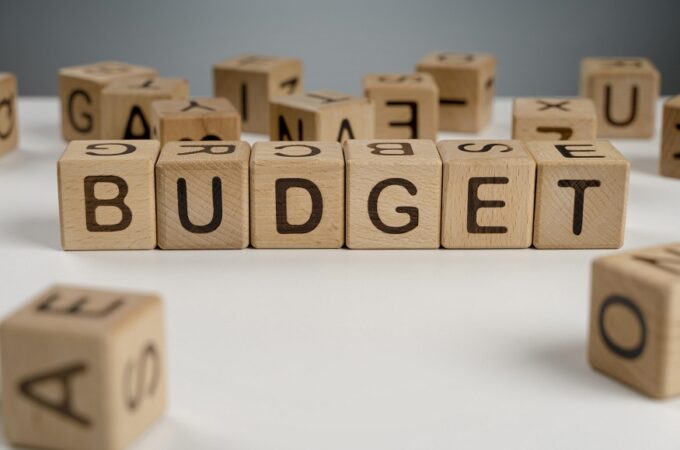
How to Teach Kids About Money: Teaching Financial Literacy at All Ages
Teaching kids about money is one of the most crucial life lessons parents can provide. Sadly, many children learn how to manage their finances too late, which affects them in many ways as adults. This indicates that teaching children about money early in life gives them the necessary knowledge and preparation to become responsibly independent older adults. In today’s fast-paced world, understanding concepts like quick loans online and instant loans for students online can be valuable as well. The difference between teaching how to save or budget and knowing how to place value on money by exposing children to financial literacy will keep this advice with them for a long time.
Let us understand how to teach financial literacy to different age groups so that kids can be responsible adults when handling their money.
Toddlers and Preschoolers – Basic Concepts about Money
Toddlers and preschoolers are a little too young to understand the meaning of money, but you can begin with very simple things.
- Introduce Coins and Notes: Give your child real or play money coins and notes and explain the denominations. It is okay to let them play with money and know it is a way of exchange to acquire goods and services.
- Play “Store” Games: Role-playing games in which they try purchasing and selling could help them understand transactions. It teaches them to trade for money.
- Share and Save: Educate your child on saving from an early age. Get a piggy bank to fill in small amounts of money through which you can explain them to be saved for some special item, like a toy.
School Going Children – Budgeting And Saving
By the time they reach elementary school, they should begin to receive more structured lessons about money, such as saving, budgeting, and the value of work.
- Set an Allowance: Give your child a weekly or monthly allowance. Tie their allowance to completing household chores so they can start understanding that money is earned—not given—and teach them about the relationship between work and earning.
- Introduce Budgeting: Have your child create a straightforward budget. Tell them that, ideally, they should divide their allowance into areas such as savings, spending, and donations. This will teach them to decide where to spend their money and what they should spend it on because it is earned and should be used wisely.
- Short-Term Financial Goals: When children set comparatively small financial goals, like saving money for a toy or activity, they celebrate when they reach the goal to reinforce the benefits of saving.
Teenagers – Preparation for Financial Independence
At this age, kids enter their teens and can consider becoming financially independent. This is the perfect time for them to be initiated into some more critical financial concepts.
- Teach Your Teens Credit and Debt: Explain how credit works and the pitfalls of credit card debt and higher-interest loans. Teach them how to borrow responsibly and pay on time.
- Open a bank account: This can be a savings account where you deposit money periodically. It requires the teenager to handle money, including learning how bank transactions work and the need to save for the future.
- Introduce the Concept of Investments: Teaching them some simple concepts of investments will help them understand long-term financial growth.
Young Adults – Life Lessons of the Real World
Young adults, off to college or entering the workforce, are bringing financial independence into reality. It is time to learn hands-on money and financial management lessons so they do not make foolish mistakes.
- Planning and Budgeting: Assisting young adults in acquiring a realistic budget that includes rent, utilities, groceries, and entertainment, which will form a basis for understanding how they should live within their means.
- Build Credit: Teach them to build up a good credit score by paying bills on time and how to stay away from unnecessary debt.
- Saving for Emergencies: Encourage young adults to create an emergency fund. This will empower them in case of unpredictable expenses and reduce their desire to go into debt during trying times.
Conclusion
A child may know how to handle money responsibly by playing “store” with toddlers or having an in-depth discussion about credit and budgeting with teenagers. It is one of the skills nurtured every step of the way. Being able to work with kids to ensure they understand how to manage money responsibly can prepare them for a secure future.
And don’t forget; it’s never too early or too late to start teaching these important lessons of money smarts!





